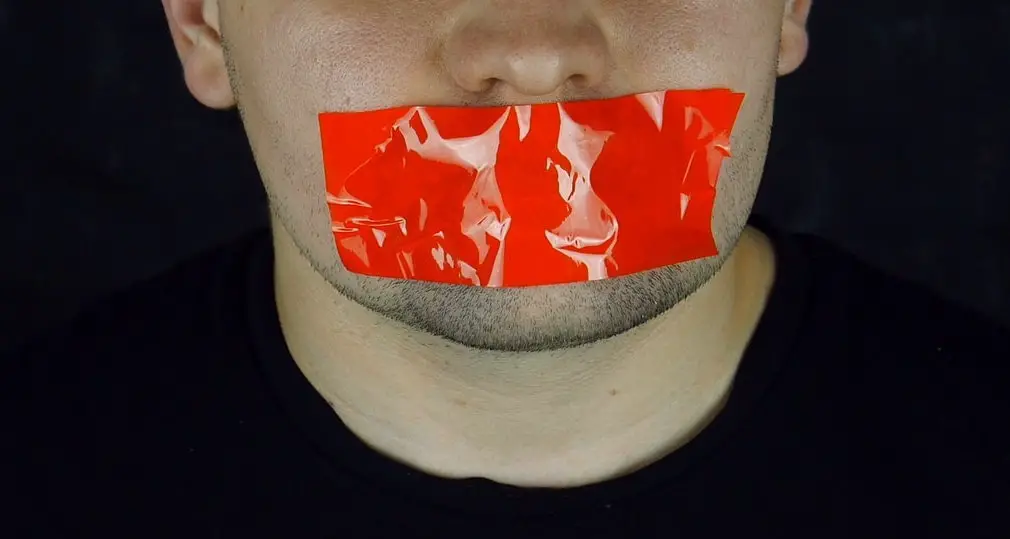The US Court of Appeals for the Fifth Circuit has overturned the district court dismissal of a freedom of speech lawsuit filed against the former president of the University of Texas (UT) at Austin. The court acknowledged that UT Austin’s restrictive speech codes constituted a valid threat to students’ First Amendment rights.
In the case, Speech First vs. Gregory Fenves, then president of UT Austin, Speech First challenged the university’s “speech codes” which Fenves described as “bedrock standards to which all University community members must adhere.”
The speech codes refer to campus speech restrictions that prohibit anyone at the university from saying or writing anything allegedly “biased, offensive, or harassing.” This broad description even includes legitimate attempts to question someone’s position in an academic setting.
The codes also allow anyone who feels offended to file an anonymous incident report. A “Campus Climate Response Team” (CCRT) will then investigate and recommend disciplinary action.
The lawsuit was filed by three anonymous UT Austin students who are members of Speech First, a nationwide group supporting free speech. They alleged that the speech codes “chilled” engagement in protected speech since the school’s definition of harassment was vague. The policy was also “unconstitutionally broad” since it encroached even protected speech.
Overtones of Intimidation
In the court’s decision, the panel cited the role of the CCRT as “the clenched fist in the velvet glove of student speech regulation,” noting that the invitation of anonymous reports carries “overtones of intimidation” for students with views “outside the mainstream.”
The court found that in concept and design, the CCRT procedure encourages students to call disagreeable ideas biased. With the threat of disciplinary action, free and open inquiry are subverted while it also generates fears of favoritism, the court said.
The court also stressed that university policies carried the threat of future enforcement. Thus, anything said in a class would be restricted and not protected since anyone could make a report to the CCRT and face disciplinary action.
UT Austin’s Poor Reputation
These policies have adversely affected the university’s reputation. An October survey of 20,000 students revealed that UT Austin has one of the worst environments for free speech among 55 colleges and universities ranked.
The case filed by Speech First against the former university president seems to support the survey’s findings. The issue of free speech has persisted even after Fenves’ resignation in June.
His successor, Jay Hartzell, addressed this issue in an October op-ed in The Dallas Morning News, in which he stated “There is no higher education without free speech.”
In his piece, the new UT Austin president reiterated that freedom of speech is “the path, not the problem.” He also said higher education institutions should uphold that “it is only through discourse that we can truly move forward and make breakthroughs.”



